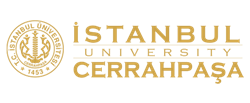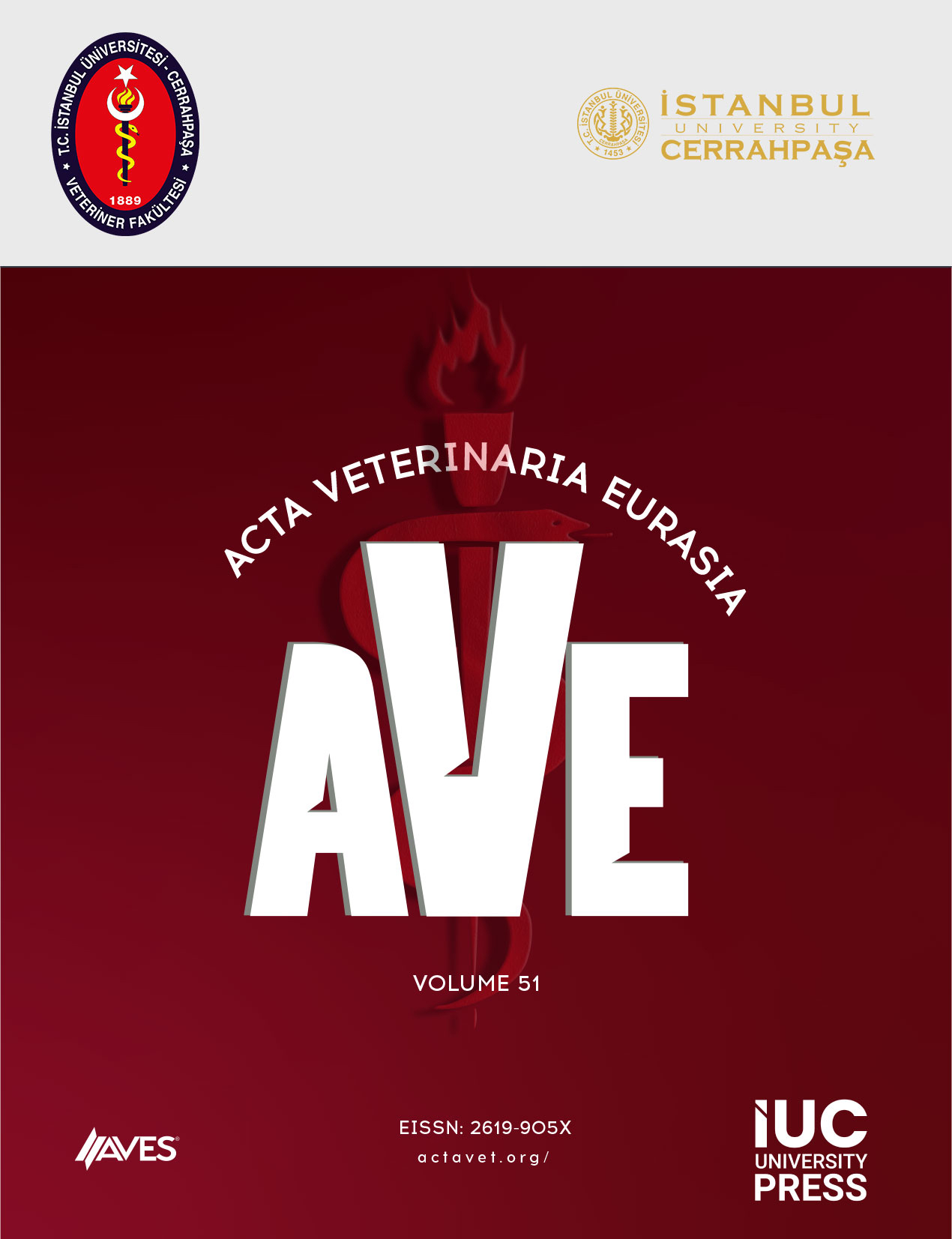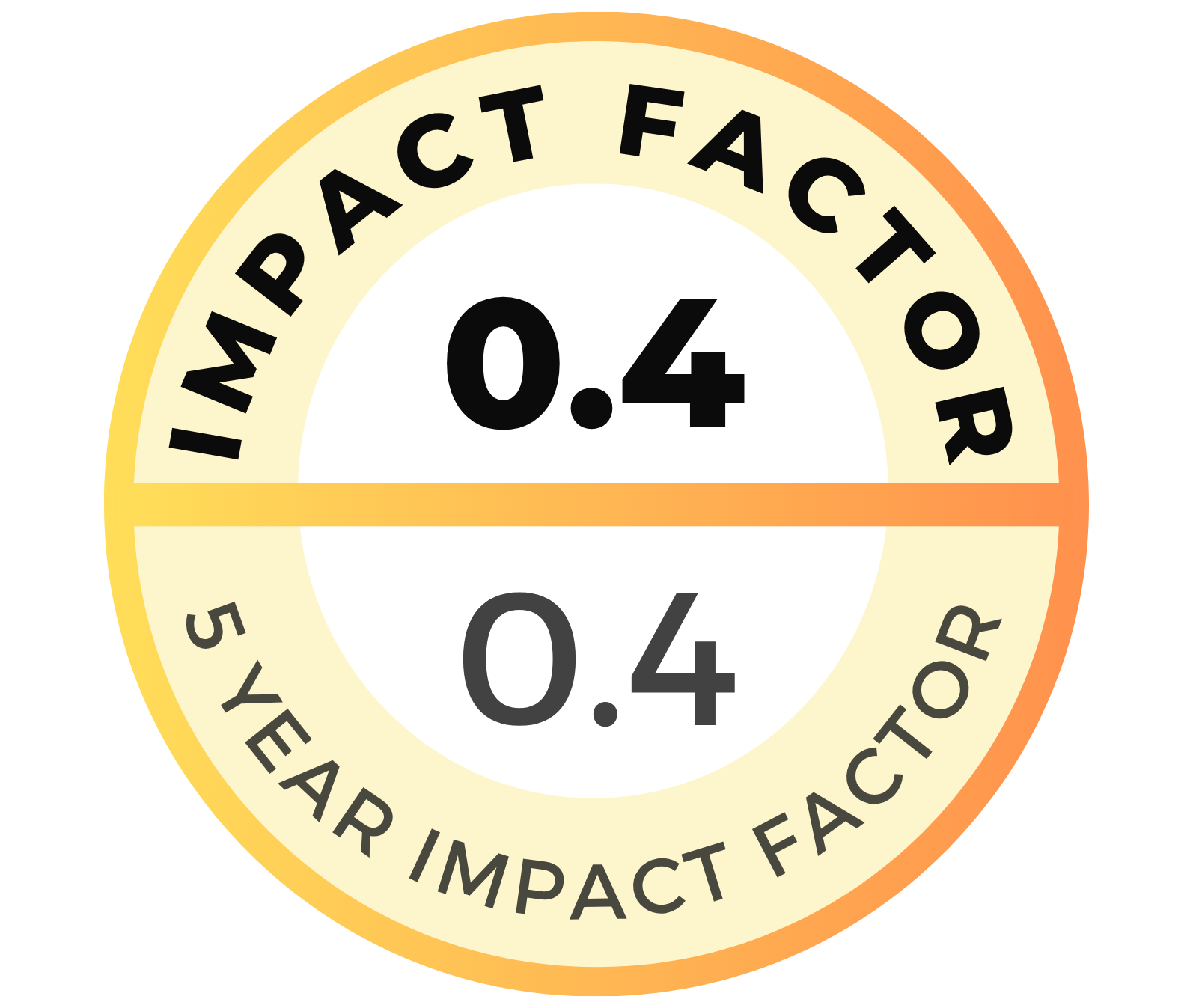In this study, effects of supplementation of zinc (Zn) and copper (Cu) to the diet on body weight gain, rumen protozoa and wool quality of 24 male merino lambs were investigated. The animals were equally divided into four groups as control. Zn, Cu, Zn+Cu. During 6 months, while control group was fed the control ration included 40 mg Zn/kg diet and 9 mg Cu/kg diet in dry matter (DM), the others were fed the rations included Zn (250 mg /kg in DM). Cu (25 mg /kg in DM) and Zn plus Cu (250 mg Zn/kg, 25 mg Cu/kg in DM) respectively, as ad libitum. The rumen fluids were taken and body weight were measured in the animals at 1 month intervals during the experimental period, al the end of the experiment Zn and Cu levels in wool and the parameters about wool quality of the lambs were determined. The rumen fluid and wool Zn levels of the Zn and Zn+Cu groups were higher than those of the control and Cu groups. The pH values of rumen contents İn the lambs of the Zn, Cu and Zn+Cu groups were lower than in the control group. The same value in the Cu group was lower than in the Zn group, except lsl month, and in the Zn+Cu group at the 3rd to 61" months. The mean Cu level in the wool of the Cu group were higher as compared with those in the control and Zn groups. The same parameter of Zn+Cu group was also higher than in Zn group. The mean fibre elasticity of Cu group was lower than in other groups. However, Zn and/or Cu supplements to the diets in this study did not significantly affect to body weight gain, rumen protozoa counts, fibre diameter, stable length and fibre strength values of the lambs.





.png)